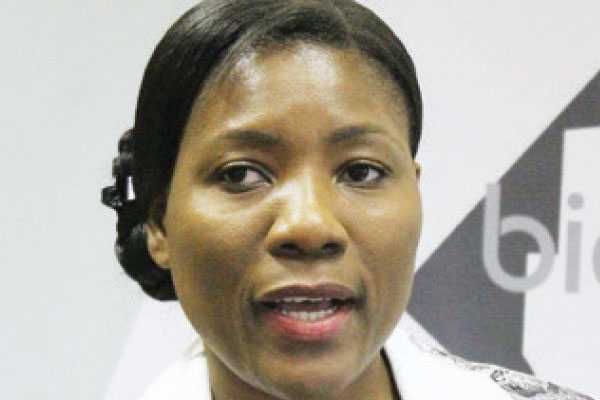Citizens have no say in public finance – report
Insufficient budget information does not enable the citizens to effectively hold government to account for public finance, leading to accountability deficit.
Botswana Institute for Development Policy Analysis researcher Keneilwe Marata argues in her paper titled Effective budget oversight in Botswana: Role of the Legislature and the Office of the Auditor General. The policy brief uses data from the Open Budget Survey (OBS) 2012, and earlier indices to discuss the subject. The OBS is a global assessment of the openness of public budgets conducted biannually by the International Budget Partnership since 2006.
Marata believes that budget oversight should be understood under the realm of a principal-agent relationship, and that the citizens and government, particularly the executive, are principal and agent respectively. “One of the ways in which the citizens ensure accountability from the executive is through parliamentary oversight.
However, the efficacy of parliamentary oversight is largely dependent on the system of government in place,” says Marata. Her brief states that the Office of the Auditor General (OAG) should play an important role in budget oversight, mainly because parliament relies on the auditor general to provide independent assurance that government activities are carried out, and accounted for, consistent with parliament’s intention.
Notwithstanding executive dominance in public budgeting, the main impediment to legislative involvement in budgeting often resides in parliament’s incapacity to purposefully engage in the budge process, Marata argues.
In Botswana, scholars and politicians alike have questioned the ability of parliament to scrutinise the budget and hold the executive to account.
A number of findings on factors contributing to this challenge include parliamentarians’ overall lack of appropriate technical skills, and inadequate information for proper budget analysis. “In instances where the information is availed, there is seldom enough time to scrutinise executive budget proposals,” it says. Another notable impediment to parliament’s role in budget oversight is that as the national assembly relies on the executive to implement some of the actions recommended by parliament, some of the factors mentioned are ignored. Auditing, the brief says, has a significant role in public finance management.
Like parliament, the role of OAG also receives constitutional recognition. According to the International Organisation of Supreme Audit Institutions, audit institutions can accomplish their oversight role objectively and effectively if they have functional and organisational independence from the audited entity; the executive and its various departments, ministries, regulatory institutions and state owned enterprises.
BIDPA argues that audit institutions are however, often limited from the executive, limited engagement with the public and inadequate follow-ups on audit recommendations. Other challenges include lack of capacity resulting from being underfunded, understaffed and under-skilled. In developing countries, technical and political challenges also hinder effective oversight from the audit office.
The Constitution of Botswana establishes the OAG, who is responsible for auditing and reporting on public accounts. The report however, says the main challenge with the capacity of the OAG to effectively carry out its oversight function include that section 113 of the Constitution and the Public Audit Act, 2012 gives the president the power to solely appoint and remove the auditor general from the office, subjecting his tenure to the mercy of the executive.
Another challenge is that the OAG depends on the Ministry of Finance and Development Planning, another agency, for its financial resources, again with the possibility of compromising the independence of the OAG. Added to the foregoing challenges is that like Parliamentary staff, the staff of the OAG falls under the Directorate of Public Service Management, which also carries the possibility of executive control of the OAG. Lack of direct engagement of the public by the OAG as well as poor follow-up on its recommendations are other challenges to the effectiveness of the oversight role of the OAG, which by extension affects parliamentary oversight as parliament relies on the OAG’s reports.
BIDPA recommends that the executive should provide the legislature with the Executive’s Budget Proposal at least six weeks, but ideally three months before the start of the budget year. The executive should involve legislators in the process of determining budget priorities. Communications by the OAG go beyond just publishing the audit report, thus it should also publish actions taken by the executive to address audit recommendations.
The brief further recommends that both Parliament and the OAG must provide opportunities for public hearings and testimonials during budget hearings. It also calls the OAG to directly file its report before parliament.






